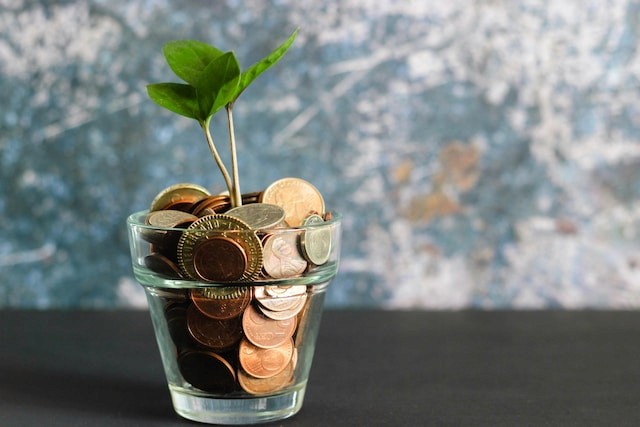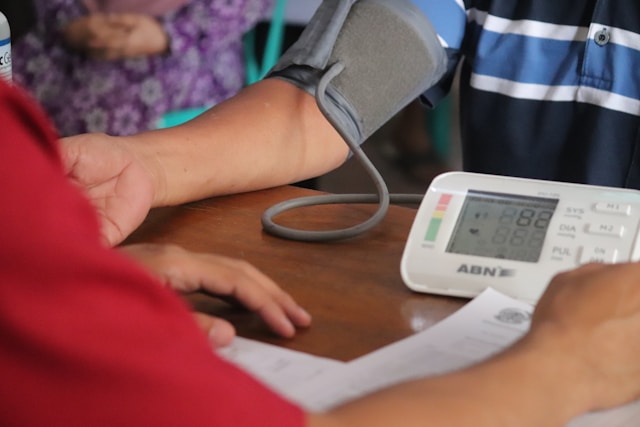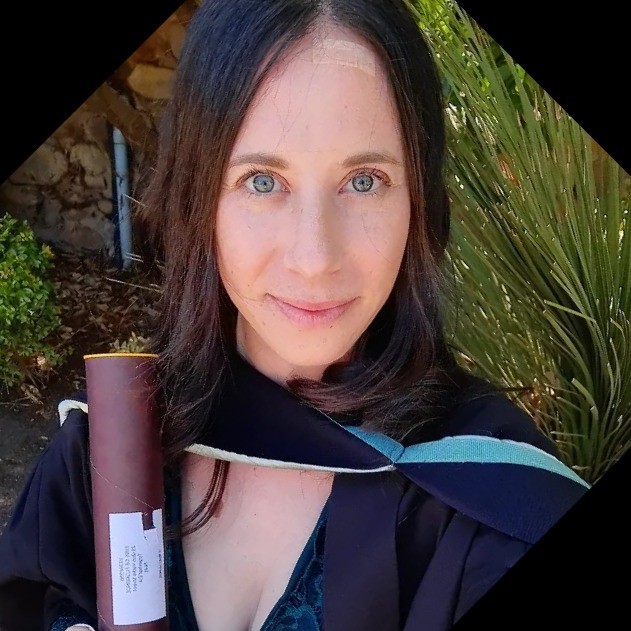Back
Dec 14, 2023
"Money can't buy happiness" - really?

Dr Jarrad Van Zuydam | Sports Physician
What if I told you that having more money won't necessarily make you happier?
A study by Nobel prize winning psychologist, Daniel Kahneman, found that in the United States, happiness increases with income up to US$75,000 per year, but beyond that point, extra income has little effect on happiness. It seems that money can buy happiness but only to a point, and that other factors such as health, leisure time, quality of friendships and close family may be even more important.
Actor Bo Derek seemed to disagree: “Whoever said money can’t buy happiness simply didn’t know where to go shopping.”
It’s clear, however, that poverty can cause misery. One study found that across countries, people living below the poverty line report lower levels of life satisfaction and positive emotions than those above the poverty line. Another study found that poverty can induce negative psychological states, such as stress, depression, and low self-esteem, which can impair cognitive functioning and decision-making. But even among those earning well, there is evidence that financial stress can cause people to focus narrowly on material abundance while neglecting their health, relationships, and purpose.
Money is indeed one of the most important factors for happiness and wellbeing. After all, money can provide us with basic needs, comfort, security, and opportunities. However, money can also be a source of stress, anxiety, and dissatisfaction. How can we achieve financial security and happiness without compromising one for the other? Let's explore how you can improve your finances while boosting your wellbeing.
Financial security
Financial security is the state of having enough money to meet your current and future needs, without worrying about unexpected expenses or emergencies. Financial security can contribute to happiness and wellbeing by reducing stress, increasing freedom, and enhancing self-esteem. Several studies have found that financial security is a key predictor of overall wellbeing, and that it is more important than income or wealth alone. Financial security is not only about having more money but also about managing it wisely, and spending it on things that matter.
Back to basics
To improve your financial security and happiness, you need to cover the bases of good financial practices. Follow these three tips to enjoy a more fulfilling and stress-free life:
1. Pay yourself first
Robert Kiyosaki is a personal finance expert and author of the best-selling book “Rich Dad Poor Dad”. He advocates for the concept of paying yourself first, which means setting aside a portion of your income for your savings and investments before you pay your bills and expenses.
He says that by paying yourself first, you will have more money to pay your bills and expenses later, as your savings and investments will grow over time and generate passive income.
Paying yourself first is not a one-size-fits-all solution, but a guideline to adapt and modify according to your unique situation. The key is to save and invest consistently and effectively.
2. Defeat debt
In order to grow your wealth, you need to get rid of that which is constantly shrinking your wealth: debt. Student loans, store cards, credit cards, and car repayments can leave little left over for any wealth-building. It's time to ditch your debt!
Evaluate your current debt situation. List all your debts, including the balance, interest rate, minimum payment, and due date. You can use a debt worksheet or a spreadsheet to organise your information. This will help you see how much you owe and to whom.
Create and follow a budget. A budget is a plan for how you spend your money each month. It helps you track your income and expenses, and identify areas where you can save or cut back. You can use a budgeting app, a spreadsheet, or a simple pen and paper to create your budget. The key is to stick to it and review it regularly.
Choose a debt repayment strategy. There are different ways to pay off your debt faster, such as the snowball method, the avalanche method, or debt consolidation. You should choose the strategy that works best for you, based on your preferences, goals, and financial situation.
Make extra payments whenever possible. The more you pay towards your debt each month, the faster you will get rid of it. You can make extra payments by using any surplus income, such as bonuses or tax refunds.
Monitor your progress and celebrate your achievements. Paying off debt can be a long and challenging process, but it is also the key to financial freedom. Track your progress regularly and celebrate every milestone you reach to help stay motivated and focused on your goal.
3. Build an emergency fund
An emergency fund is money that you set aside to cover unexpected expenses or loss of income. Would your finances be able to weather a period of ill health, a car breakdown, or an unexpected home expense?
An emergency fund can prevent you from relying on credit cards, high-interest loans, or late payments, all of which will increase your debt. Set up a monthly debit order to a savings account and watch your emergency fund grow. You'll soon be enjoying the peace of mind it brings.
Start now
Financial wellness is a vital component of wellbeing. Achieving financial freedom through financial literacy and sound personal finance habits can elevate your mental health.
If you haven't already, the best time to start improving your personal finance habits is now! Maybe you can buy a happiness boost after all.













